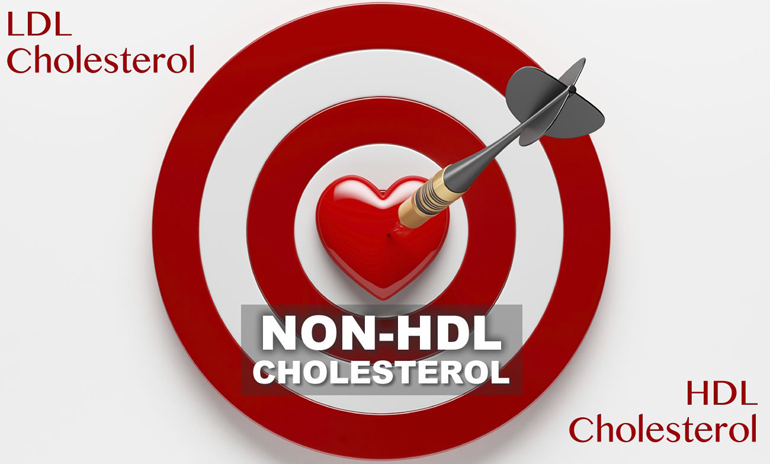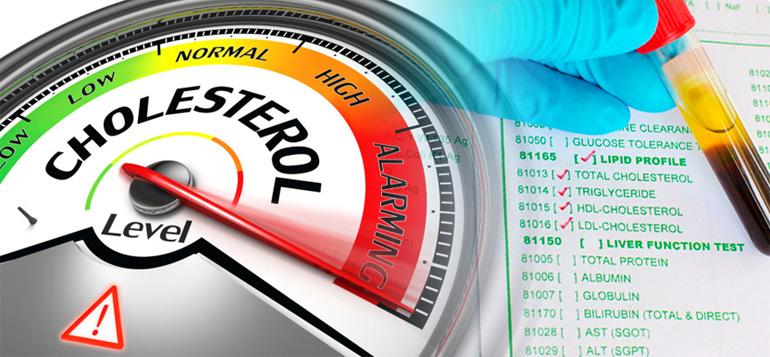Cardiovascular Disease (7)
4 Surprisingly Heart-Healthy Foods
- Published in Cardiovascular Disease
- Written by Christine

Cardiovascular disease has been the number one cause of deaths in the US. Because of this, a ton of research has been done on preventing heart disease and it has been clear that a healthy and active lifestyle can make the world of a difference. We at Ageless Forever know how important a healthy balanced diet can affect the heart. There are certain foods you should incorporate into your diet to be more heart-conscious and we’ll be discussing what you should keep stocked in your fridge and pantry. If you haven’t been trying your best to have a healthy heart, the time is now to change direction before it’s too late. Keep reading!
Article Tags
Cardiovascular Disease: Signs, Symptoms, and Prevention
- Published in Cardiovascular Disease
- Written by Knowledge Base

Cardiovascular Disease: Signs, Symptoms, and Prevention
According to the Center for Disease Control and Prevention (CDC), one person dies from cardiovascular disease every 37 seconds in the United States [1]. These numbers show that millions of Americans are affected by heart-related issues and are suffering the fatal consequences of not taking a proactive approach to their heart health.
Understanding what cardiovascular disease is, identifying symptoms early, and preventing irreversible damage can help you or your loved one live a long, healthy, and happy life.
Article Tags
4 Ways to Improve Your Heart Health
- Published in Cardiovascular Disease
- Written by Christine

The heart is one of the most vital organs responsible for our survival. Our hearts are constantly working 24/7, beating approximately 2.5 billion times in an average lifetime. With that said, heart disease is also the number one cause of death, claiming about 1 million lives a year. Heart disease is often caused by buildup of plaque, calcium, cholesterol, and other substances inside the coronary arteries that are responsible for supplying oxygen-rich blood to the heart muscles. Too much buildup restricts blood flow to the heart, which can result in a heart attack, stroke, or death. Knowing this, we must do what we can to ensure our hearts are functioning properly and optimally. Thankfully, there are some relatively simple lifestyle changes you can adopt to help you avoid or slow down, or drastically improve heart-related issues. Keep reading to learn more about how to work towards a healthier heart!
Article Tags
Remnant Cholesterol and non-HDL – What’s that? Why bother?
- Published in Cardiovascular Disease
- Written by Monica

Article Tags
Why you need to look beyond your LDL - “bad cholesterol” - level
- Published in Cardiovascular Disease
- Written by Monica

Article Tags
High-Normal Blood Pressure and Cardiovascular Disease
- Published in Cardiovascular Disease
- Written by Monica

1 in 3 US adults aged 40-59 years has high blood pressure (hypertension); among those over 60 years of age the prevalence is over two-thirds, 67%.[1] High blood pressure is a well known risk factor for cardiovascular disease; the leading cause of death worldwide.[1, 2] As two-thirds of sudden cardiac deaths occur in clinically healthy individuals [2], novel indicators of early recognition of adverse cardiometabolic risk in disease-free adults are clearly needed. It has been demonstrated that healthy disease-free adults with high-normal blood pressure (aka pre-hypertension, defined as 120-139/80-89 mmHg) have an adverse cardiometabolic risk profile.[2]
The prevalence of high-normal blood pressure in disease-free US adults is 36.3%; it is especially common in people with overweight/obesity, enlarged waist lines, and elevated glucose, insulin, hemoglobin A1c (glycated glucose), C-reactive protein (an inflammatory marker), and triglycerides (blood fats).[2]
High-normal blood pressure is an independent risk factor for cardiovascular disease (CVD)...[3-5]
Article Tags
Blood Cholesterol Testing - don't let the routine standard lipid panel fool you!
- Published in Cardiovascular Disease
- Written by Monica




